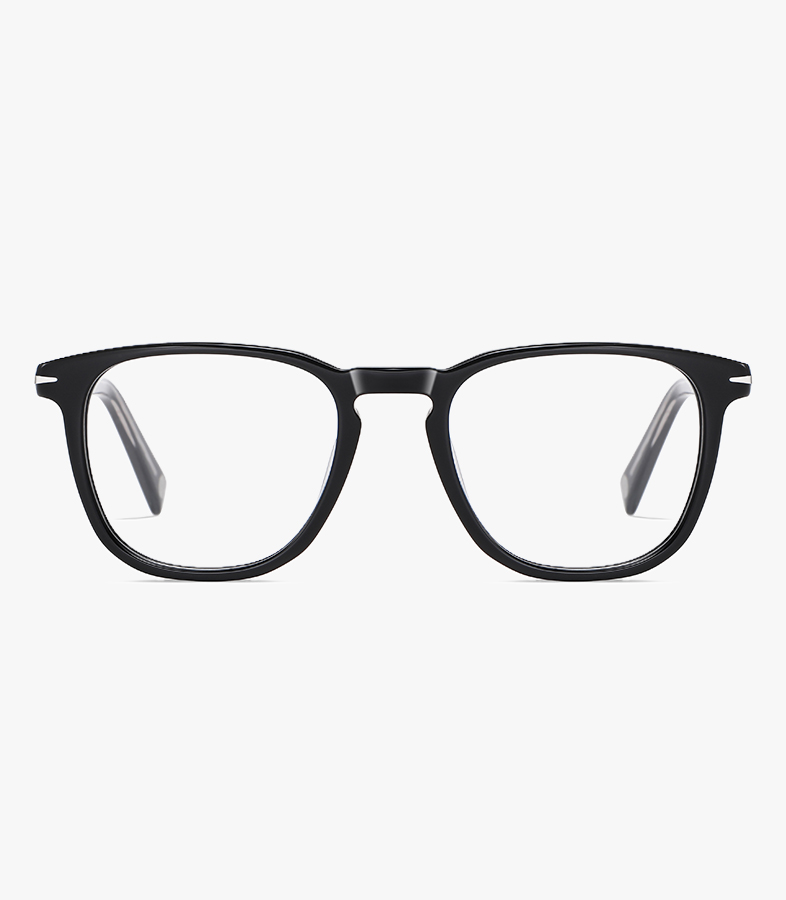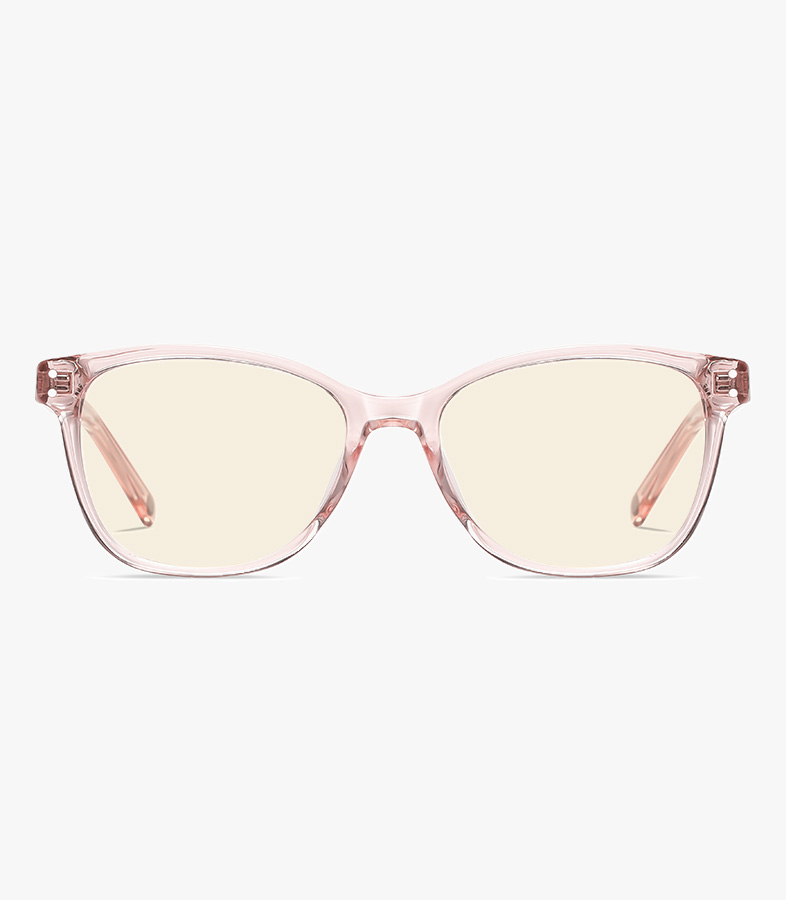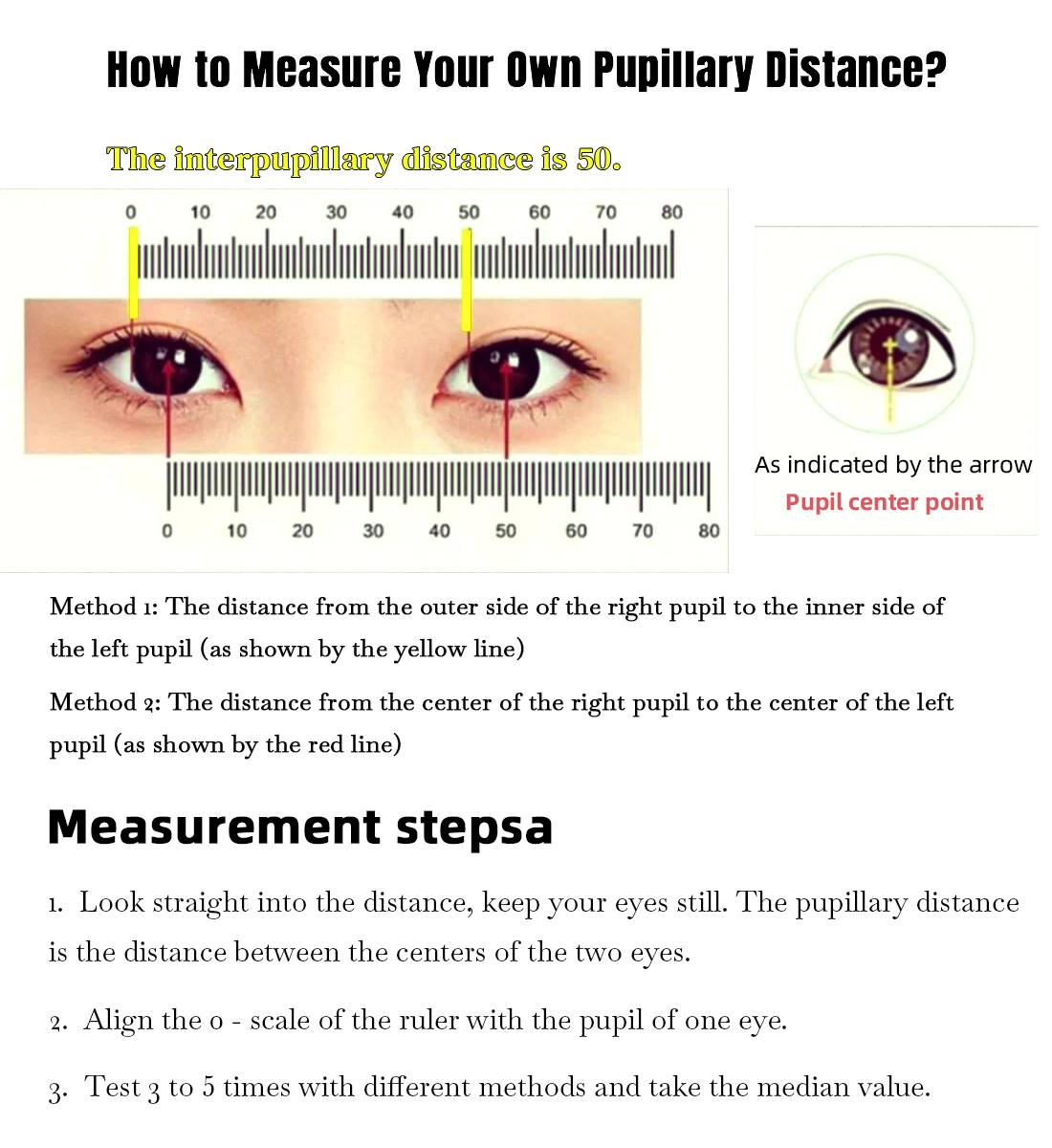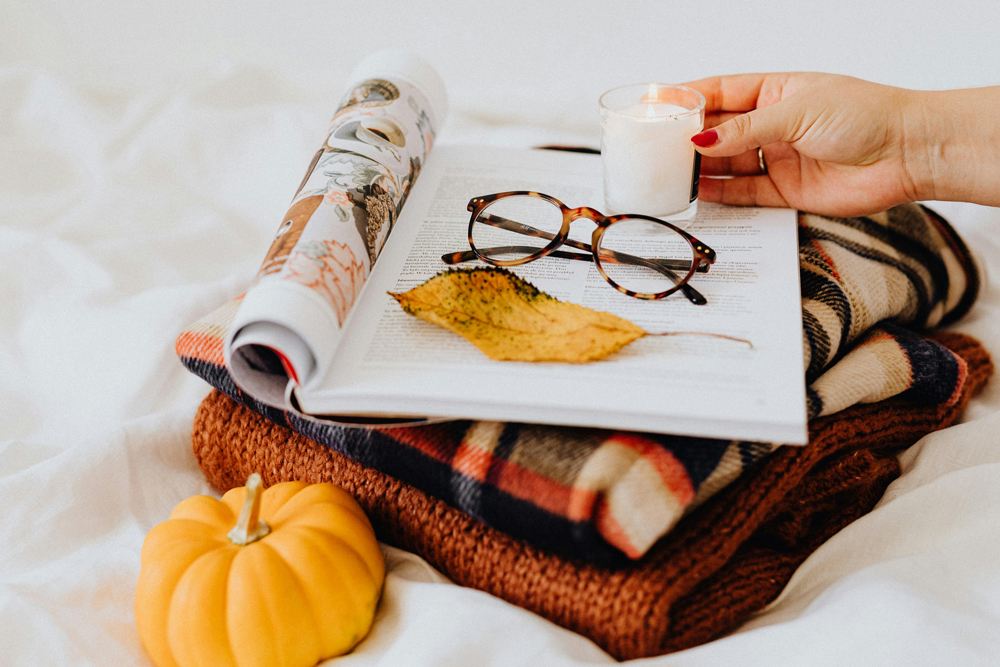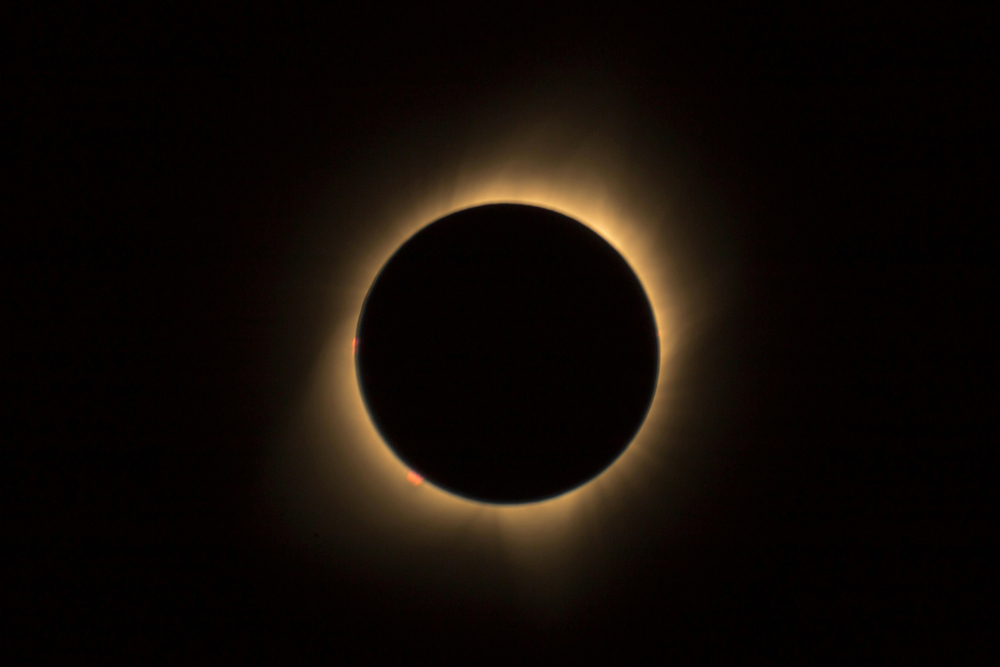Have you heard the claim that wearing glasses makes myopia worse or irreversible? Many people use their own experiences to prove the truth of this theory. Is it really true? In reality, this statement is only true in certain situations. If you want to know exactly what is going on, read on. In this article, you will find answers to the questions "Should I wear glasses?" and "How can I prevent myopia from increasing?”.
Do I have to wear glasses if I'm myopic?
First of all, we need to understand that myopia is divided into pseudomyopia and true myopia. Our eyes have a self-healing function. After our eyes are overworked, it is possible for our eyesight to recover naturally after resting. This type of myopia that can recover naturally is pseudomyopia. It usually occurs in children and adolescents or when the myopia is low (-1.0D or less). True myopia, on the other hand, cannot be corrected. We must determine myopia through a professional eye examination.
In general, nearsightedness below -1.0D can be left alone, as there is a possibility of natural recovery. However, if it is difficult to see near objects clearly, if you have to squint hard to see, and if your eyes are often sore, dry, or even watery, you need to wear glasses, no matter how weak your nearsightedness is. This is because without eyeglasses, the eye increases its adaptation function to see clearly, and the eye muscles are under tension, which in the long run will cause myopia to deepen and may lead to other eye diseases, such as strabismus and fugax (clouding of the vitreous humor), and so on.
In short, the need for glasses can only be determined after an eye examination by an optometrist, and there is no direct correlation between the wearing of glasses and the progression of myopia. Except, of course, if you wear glasses incorrectly: if you wear myopic glasses with a high prescription, this will inevitably lead to more severe myopia.
How can I prevent myopia from worsening?
If you are nearsighted and don't change your eye habits, your nearsightedness can increase rapidly and eventually become "high myopia". High myopia is defined as myopia greater than or equal to -6.0 D. In this case, the retina is extremely fragile. In this case, the retina is extremely fragile and may break or fall off. To avoid this situation, we can refer to the following eye care suggestions:
- Appropriate use of the eyes. This is the simplest and most effective method. Whether you are reading or using computers, cell phones, and other electronic products, you should maintain a distance between your eyes and the screen. If you are looking at a large electronic screen, the distance should be increased accordingly. Every 20 minutes, your eyes should take a 20-second break and look at something 20 miles away.
-
Exercise outdoors. Suitable outdoor sports help the eyes to relax. However, people with high myopia should be careful not to engage in vigorous sports such as basketball, football, diving, etc., which can easily damage the eyes. Jogging, yoga, and walking are good choices.
-
Block blue light. Blue light can damage the macula in the eye. Nearsighted people should avoid looking directly at electronic screens in dark environments. At the same time, reduce the length of time you use electronic screens. If you must use them for long periods of time, it is better to wear blue light blocking glasses.
-
Eat healthy. In your daily diet, eat more foods containing carotene, which can contribute to the formation of vitamin A and relieve dry eyes. At the same time, eat less food high in oil and sugar.
-
Regular examinations. Myopes need to be examined every one to two years to make sure that the prescription glasses are appropriate. People with high myopia need to be examined every six months to detect retinopathy in time.
Wearing glasses properly will not worsen nearsightedness, but will help preserve your vision. Eyecedar offers high quality prescription eyeglasses and blue light blocking glasses to protect the health of your eyes.











